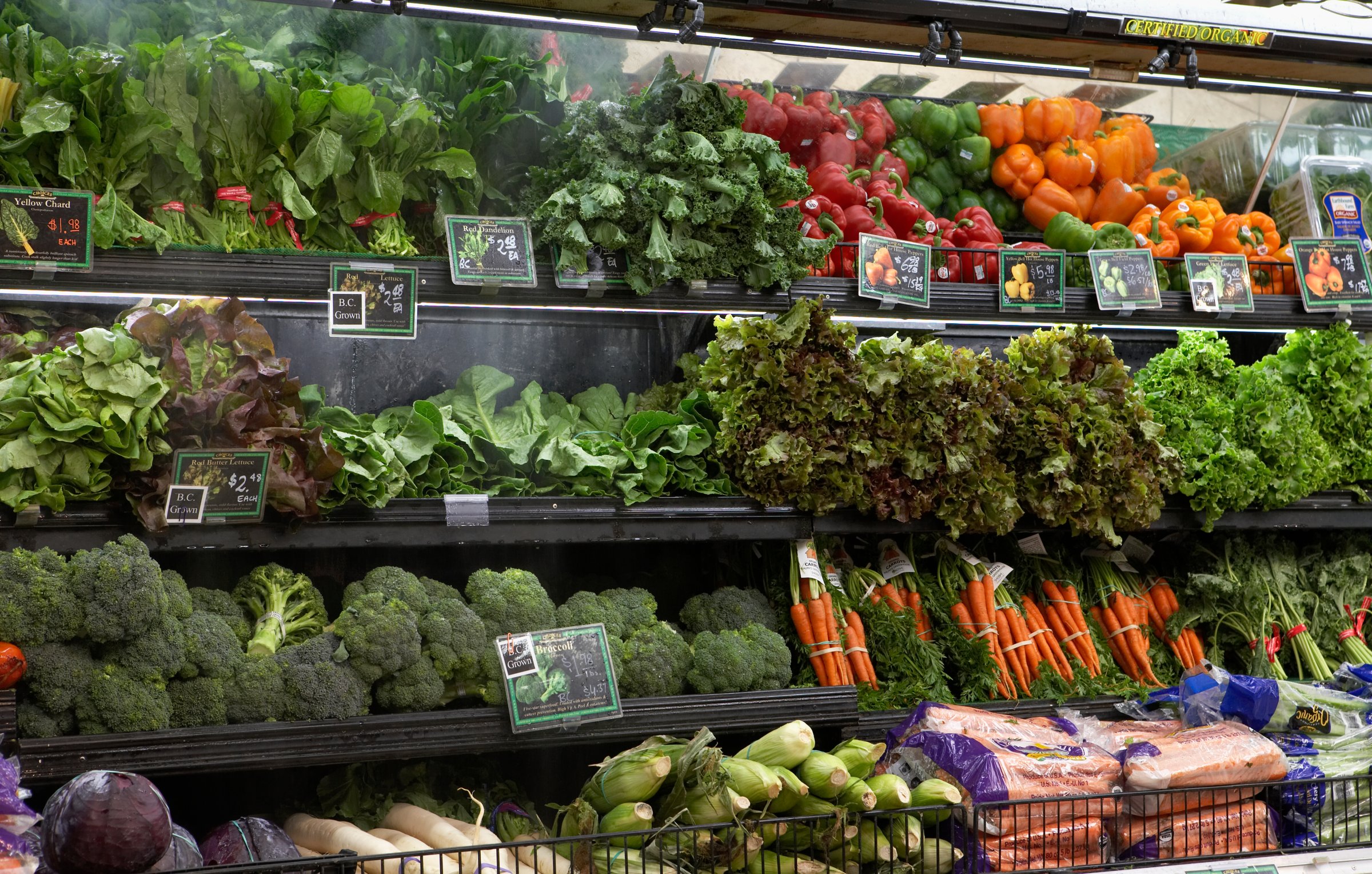
The foods we eat play a central role in our health. The epidemics of our time—obesity, heart disease, type 2 diabetes—are intimately tied to unhealthy patterns of eating. But eating healthy is also expensive, making it particularly challenging for the 12% of US households who have to worry whether they can afford enough food each month.
For the 41 million Americans living in these households, a common coping strategy is to purchase cheaper, less healthy foods in an effort to make their food budgets last longer. Over time, however, these unhealthy dietary patterns can have a significant impact on a person’s health. Children living in food-insecure homes suffer two to four times as many health problems and are less likely to reach their academic potential. Pregnant women who are food insecure are more likely to develop gestational diabetes and deliver pre-term or low birth-weight babies. Food-insecure adults are more likely to have diabetes, high blood pressure, heart disease, kidney disease and osteoporosis.
The trouble doesn’t stop there. Once you have one of these illnesses, food insecurity often makes that illness harder to manage. One in three Americans with chronic illness has trouble affording food, medication or both. Moreover, the stress of worrying about where your next meal is coming from is associated with depressive symptoms, which only makes the task of managing a complex disease harder. It is not surprising, then, that food insecurity comes with a cost. On average, food insecure people in the U.S. incur an extra $1,800 in medical costs every year, accounting for $77.5 billion in additional health care expenditures.
The United States has some of the most robust programs in the world for people facing hunger. The Supplemental Nutrition Assistance Program (SNAP), for example, helps 20.5 million households stretch their budgets to purchase food. Recently, our study team wanted to learn whether SNAP saves money in health care costs. In a new study published in JAMA Internal Medicine, we found that people who are enrolled in SNAP have health care expenditures that are, on average, $1,400 less per year compared with similar people who are not enrolled in SNAP.
Despite this, the White House has proposed cutting SNAP by $193 billion over 10 years—a cut of more than 25%—which would dramatically impact many people’s ability to afford food for themselves and their children. Could these cuts wind up costing more than they save? When SNAP benefits were reduced in 2013, we saw a rise in hospital admissions for dangerously low blood sugar, likely as people with diabetes ran out of food, leading to millions of dollars in extra health care costs.
SNAP works. It was designed to decrease food insecurity in the U.S., and it does. Now we are learning that SNAP may protect health, too. This is why cuts to SNAP could be so devastating. In addition to putting millions more people at risk of hunger, these cuts could further strain our health care system, and threaten the public’s health. With so much at stake, cutting SNAP doesn’t make sense.
Hilary Seligman, MD, is director of the Food Policy, Health and Hunger Research Program at the University of California San Francisco’s Center for Vulnerable Populations and senior medical advisor for Feeding America.
Seth A. Berkowitz, MD, MPH, is assistant professor of medicine in the Division of General Internal Medicine and Diabetes Population Health Research Center, Massachusetts General Hospital and Harvard Medical School.
Sanjay Basu, MD, PhD, is assistant professor of medicine in the Department of Medicine, Center for Population Health Sciences and Center for Primary Care and Outcomes Research at Stanford University and faculty in the Center for Primary Care, Harvard Medical School.
More Must-Reads from TIME
- Cybersecurity Experts Are Sounding the Alarm on DOGE
- Meet the 2025 Women of the Year
- The Harsh Truth About Disability Inclusion
- Why Do More Young Adults Have Cancer?
- Colman Domingo Leads With Radical Love
- How to Get Better at Doing Things Alone
- Michelle Zauner Stares Down the Darkness
Contact us at letters@time.com